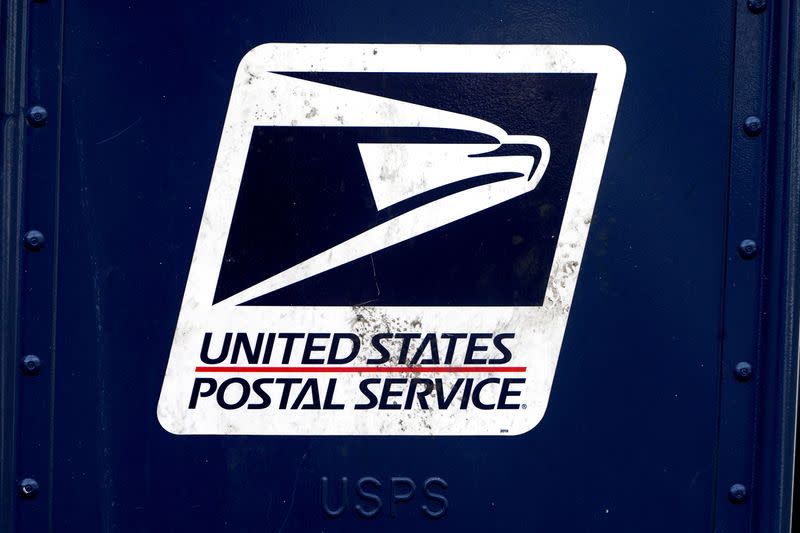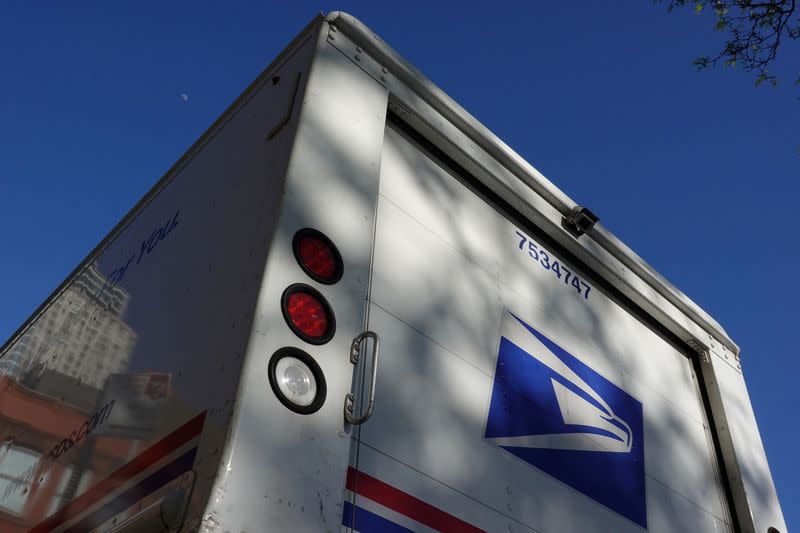U.S. Postal Service next-generation delivery vehicles delayed to mid-2024
By David Shepardson
WASHINGTON (Reuters) - The U.S. Postal Service (USPS) said on Monday it expected to receive next-generation delivery vehicles in June 2024, nine months behind a prior schedule.
In March 2022, the USPS placed an initial $2.98 billion order for 50,000 next-generation delivery vehicles from Oshkosh Corp and previously said it expected to begin receiving deliveries in October 2023.
USPS disclosed the delay on Monday in a court filing.
In April 2022, 16 states and environmental groups filed a lawsuit seeking to block USPS's plan to buy mostly gas-powered next-generation delivery vehicles, arguing that the agency failed to comply with environmental regulations.
USPS said in a filing it planned to file a supplemental environmental impact statement to modify its next-generation delivery vehicle (NGDV) acquisition program by June 30.
In February 2021, the USPS announced an initial $482 million contract for Oshkosh and said it could order up to 165,000 vehicles over 10 years in a high-profile deal it said could be worth $6 billion or more.
The modern vehicles will replace many older USPS vehicles that lack air bags and other safety equipment as well as air conditioning.
In December, USPS said it would more than double planned electric delivery vehicles purchases after initially saying it would buy nearly all gasoline-powered delivery vehicles.
USPS said it now plans to buy at least 66,000 electric vehicles (EVs) through 2028, including at least 45,000 out of 60,000 Oshkosh-built NGDVs. USPS also announced in February it expected to buy 9,250 Ford E-Transit EVs starting later this year and an equal number of gasoline-powered models from Chrysler-parent Stellantis.
Congress in August gave USPS $3 billion as part of a $430 billion climate bill to buy EVs and charging infrastructure. The White House said USPS would use $1.7 billion for charging infrastructure. USPS said in February it would buy 14,000 charging stations.
(Reporting by David Shepardson; Editing by Jamie Freed)


